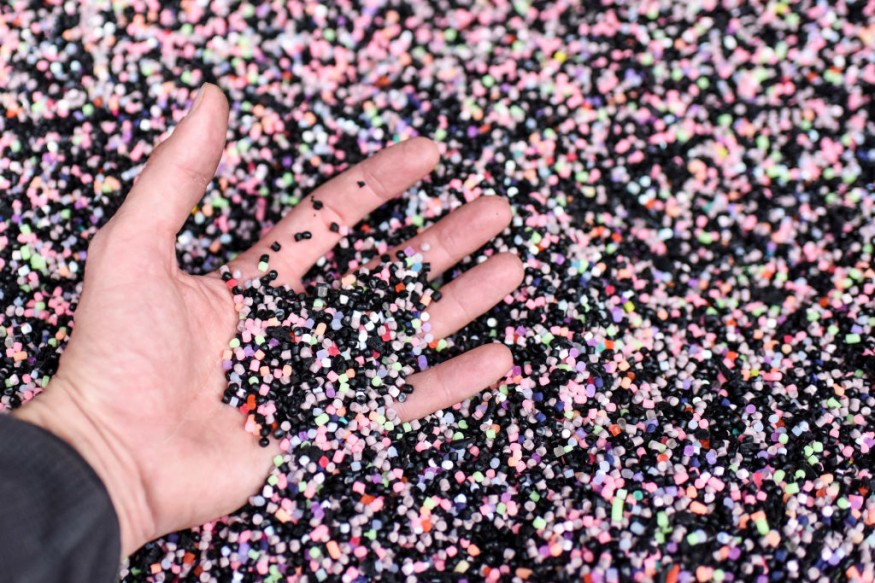Millions of tiny plastic pellets have washed ashore along Spain's northern coast, creating an environmental disaster after falling from containers on a ship near Portugal. This blow to local wildlife and coastal communities has littered the waters and beaches, raising concerns about the impact on the ecosystem.

Plastic Pellet Spill Prompts Major Coastal Cleanup
On December 8, a significant environmental incident occurred involving the loss of several containers holding plastic pellets from the Toconao, operated by Danish company Maersk, at sea approximately 50 miles off northern Portugal.
The unfortunate incident prompted extensive cleanup efforts by hundreds of volunteers in the north-west Galicia region. Also, the alarm has been raised on the Asturias coast to the east.
As many as six containers, including one with at least 57,000 pounds (26,000kg) of pellets, known as "nurdles," are believed to have fallen. Since December 13, a continuous influx of nurdles, used in manufacturing products like plastic bottles, has affected dozens of coastal communities, with the worst-affected areas around the Galician port town of Noia.
Public prosecutors initiated an investigation into the spill, with concerns growing about its potential spread eastward along the northern coast towards the Basque country. Maersk's spokesperson, Rainer Horn, expressed regret for the incident and pledged participation in cleanup efforts.
The plastic pellets, less than 5mm wide, are challenging to clean up, leading volunteers to comb through sand and sieve water to recover them. The regional government in Galicia accused Spain's national government of delayed information, echoing memories of the 2002 Prestige oil spill disaster off the Galician coast.
Concerns Mount Over Non-Toxic Pellets' Vast-Scale Pollution and Ecological Threats
Measuring under 5 millimeters in width, the plastic pellets qualify as microplastics as authorities emphasize. Despite the proclaimed non-toxicity, concerns persist about the pollution's vast scale posing risks to wildlife, the environment, and the local fishing industry.
They pointed out that non-toxic label doesn't negate the danger these pellets pose to wildlife, the environment, and potentially human health due to their chemical composition. Ecologists in Action plan to file a complaint against the Danish shipping company, citing the threat of animals ingesting these "nurdles" and contributing to the broader plastic pollution in the food chain.
With PET's non-biodegradability, any uncleaned pellets are slated to endure in the environment for centuries. The global production of around 300 million tons of nurdles annually results in approximately 230,000 tonnes finding their way into the oceans, triggering incidents like the 2017 South African spill and the 2020 German spill.
Highlighting the pervasive nature of plastic pollution, a 2023 study revealed that Americans unknowingly ingest an average of 11,500 microplastic particles annually.
The lost plastic pellets in early December set in motion a grim sequence where these tiny particles end up in fish bellies, ultimately reaching human plates. The widespread prevalence of plastic pollution underscores its alarming implications for ecosystems and human health.
RELATED ARTICLE:
Check out more news and information on Plastic Pollution in Science Times.










